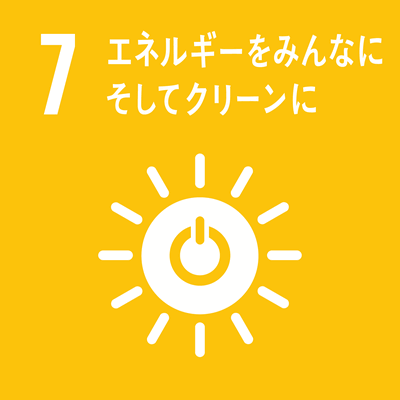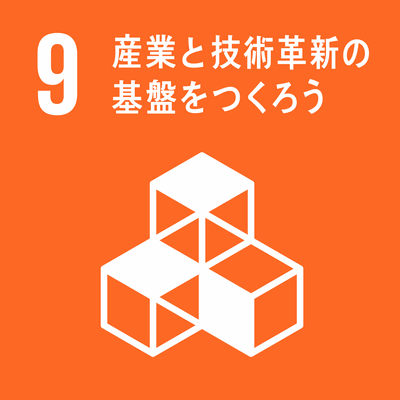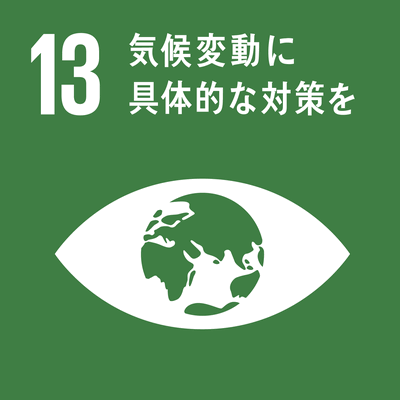シラバス表示
シラバスの詳細な内容を表示します。
→ 閉じる(シラバスの一覧にもどる)
科目の基本情報
| 開講年度 | 2024 年度 | |
|---|---|---|
| 開講区分 | 工学研究科(博士前期課程)機械工学専攻 | |
| 領域 | 主領域 : B; 副領域 : G | |
| 受講対象学生 |
大学院(修士課程・博士前期課程・専門職学位課程) : 1年次, 2年次 |
|
| 選択・必修 | 選択 |
|
| 授業科目名 | 熱エネルギーシステム演習 | |
| ねつえねるぎーしすてむえんしゅう | ||
| Seminar in Thermal Energy System | ||
| 単位数 | 2 単位 | |
| ナンバリングコード | EN-ENGY-5
|
|
| 開放科目 | 非開放科目 | |
| 開講学期 |
後期 |
|
| 開講時間 |
火曜日 1, 2, 3, 4時限 |
|
| 授業形態 |
対面授業 * 状況により変更される可能性があるので定期的に確認して下さい
「オンライン授業」・・・オンライン会議ツール等を利用して実施する同時双方向型の授業 |
|
| 開講場所 | Graduate School of Engineering | |
| 担当教員 | 丸山 直樹(地域イノベーション学研究科 地域イノベーション学専攻) | |
| MARUYAMA Naoki (Graduate School of Regional Innovation Studies, Division of Regional Innovation Studies) | ||
| SDGsの目標 |
|
|
| 連絡事項 | * 状況により変更される可能性があるので定期的に確認して下さい |
|
学修の目的と方法
| 授業の概要 | The development of the thermal energy system is closely related to its thermal efficiency and functional improvement. Nowadays, there are also high interests in the global environment and energy conversion equipment with low environmental impact. Effective use of energy is closely related to global environmental conservation as well. As energy resources are highly dependent on overseas in Japan, stable energy supply is an important issue. The same problems can be said for the consumption of natural resources as well as fossil energy from the viewpoint of environmental impact. On the other hand, it is important to reduce the environmental impacts on the upstream side but also the impacts on the downstream side such as disposal, exhaust, and drainage. In this class, we focus on the technical development of various latest thermal energy systems, and investigate and discuss from the basic theory behind the technology to its application to the latest technology. In addition to grasping the current state of energy supply and demand, we are interested in the latest environmental protection technology development and environmental impact assessment methods, and surveys from basic theories, laws and regulations behind the technology to its application. This class is based on students' presentations and discussions. |
|---|---|
| 学修の目的 | Understand the various issues related to the Thermal energy system and its related impact on the environment, and acquire the knowledge, insight and technical skills that can respond to future issues. |
| 学修の到達目標 | Students are widely interested in the latest technologies of thermal energy systems and an overview of the technology, but also explores and understands the underlying theory as an engineer. In addition, the students will pay attention to the energy situation and environmental conservation in Japan and the world, and will be interested in the trend as an engineer. Students will be able to reflect on issues, rather than investigating and presenting transient tasks. |
| ディプロマ・ポリシー |
|
| 成績評価方法と基準 | Attendance in class is a necessary condition, and those who attend more than 80% are eligible for credit recognition. Approval of credits is judged based on the preparation for the exercise and the outcome. |
| 授業の方法 | 演習 |
| 授業の特徴 |
プレゼンテーション/ディベートを取り入れた授業 その他、能動的要素を加えた授業(ミニッツペーパー、シャトルカードなど) |
| 授業アンケート結果を受けての改善点 | The latest topics are taken up. In addition, we discuss not only the outline of topics and technologies but also the basic technologies behind them. |
| 教科書 | Nothing in particular. Students collect information widely from technical journals and mass media publications. IN order to collected data, basic theory, books and technical materials related to the subject are widely used. |
| 参考書 | |
| オフィスアワー | Questions and suggestions are accepted in the lecture room and the Maruyama’s office (Room No. 2311), 3rd floor of Mechanical Engineering Building. Questions by e-mail are accepted anytime. |
| 受講要件 | Nothing in particular |
| 予め履修が望ましい科目 | We expect students who are interested in Energy conversion engineering, Various energy systems, Thermodynamics, Environmental engineering and Heat transfer engineering. |
| 発展科目 | It is useful for research on various energy systems, global trends in energy supply and demand, resources and environmental protection technologies and various environmental laws and regulations. |
| その他 |
授業計画
| MoodleのコースURL |
|---|
| キーワード | 熱エネルギーシステム,熱サイクル,熱力学,環境保全,環境影響評価,エネルギー需給,ISO14000s,3R,エネルギーマネジメント,等 |
|---|---|
| Key Word(s) | Thermal energy system, Heat cycle, Thermodynamics, Environmental conservation, Environmental impact assessment, Energy demand and supply, ISO14000s, 3R, Energy management, etc. |
| 学修内容 | The detailed contents and schedule are shown at the beginning of the lecture. The outline of the sessions is as follows. Students investigate and present the latest topics related to energy conversion technologies, environmental protection technologies, energy management, laws and regulations, including energy conversion, various energy systems, new energy, Japan and the world energy supply and demand, ISO, environmental impact assessment methods, and recycling technologies. One topic consists of presentation and discussion with attendance. More than 15 topics are given during the course. Each student is responsible for one topic (or more), and the other students who are not in charge of the presentation must exchange opinions each other. An example of the topic is shown below: ・ Energy supply and demand in Japan and the world ・ Renewable energy status in Japan and the world ・ Characteristics of power generation systems in Japan and the world, their future potential ・ Development and issues of ground, offshore and aerospace power supplies, their future prospects ・ Environmental management system and life cycle assessment ・ Carbon footprint and water footprint ・ Waste treatment methods and recycling technology |
| 事前・事後学修の内容 | This seminar requires sufficient preparation for the presentation. |
| 事前学修の時間:180分/回 事後学修の時間:60分/回 |


